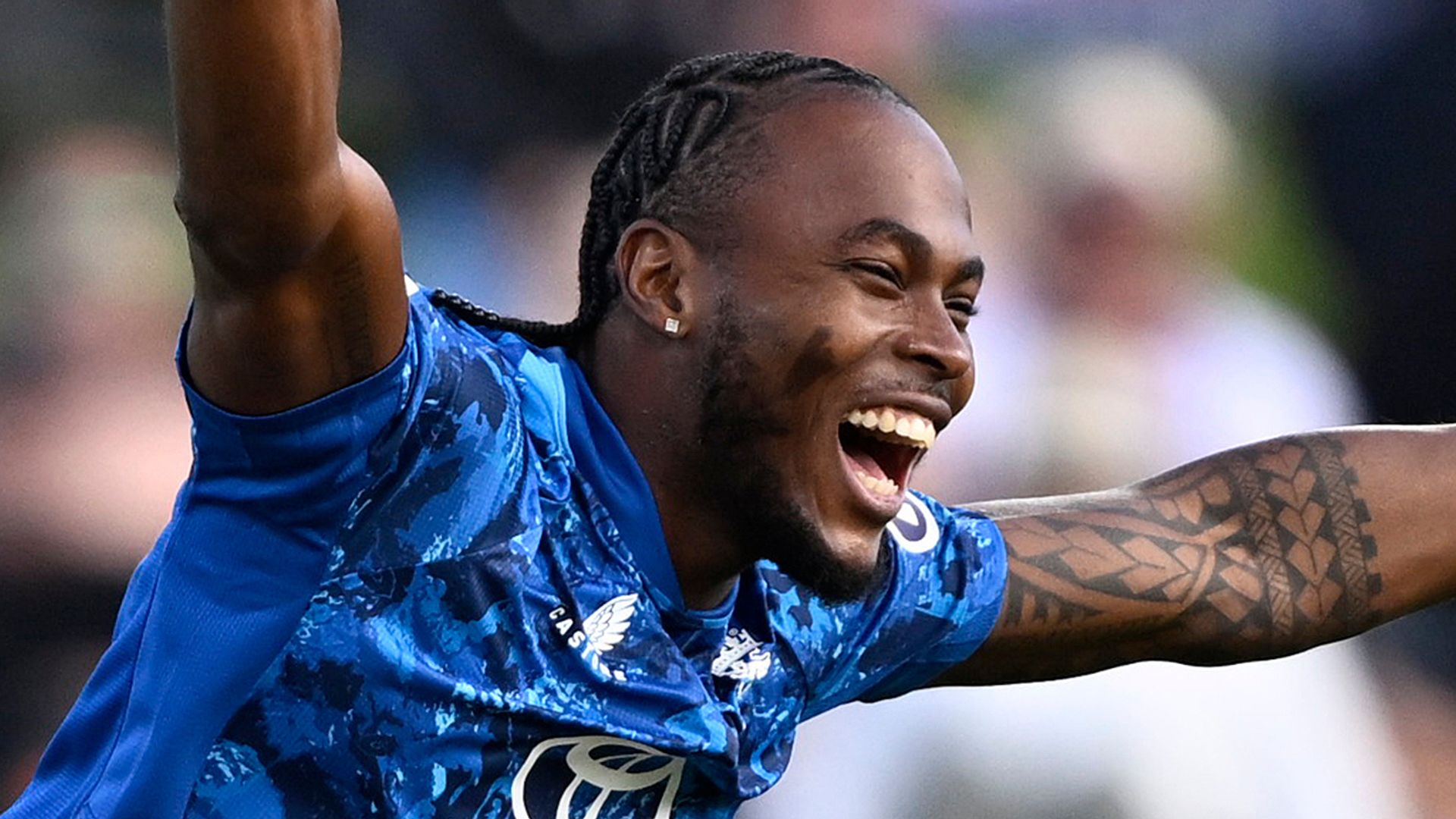Wolves’ Winless Streak Mirrors Political Turmoil: Pereira’s Leadership Questioned Amidst 3-0 Fulham Collapse
Wolverhampton Wanderers, a club steeped in rich football history, finds itself in an alarming predicament as the Premier League season unfolds. After suffering a disheartening 3-0 defeat to Fulham, Wolves remain anchored at the bottom of the league table, without a single win to their name this season. This dismal start has intensified scrutiny on manager Vitor Pereira, whose leadership is now being called into question by fans and pundits alike.
Historically, Wolves have been a team that embodies resilience and determination. Founded in 1877, the club has experienced various highs and lows, including multiple league titles and a storied presence in English football. However, the current situation starkly contrasts with the club’s illustrious past. The absence of a win this season marks a significant departure from the expectations that accompanied Pereira’s appointment.
Pereira, who took the reins in the summer, was viewed as a strategic choice to revitalize the squad and restore its competitive edge. His previous successes in various leagues suggested a promising future for Wolves. Yet, as the losses continue to mount, the hope that accompanied his hiring is beginning to fade. The pressure on Pereira is palpable, with fans growing increasingly restless and vocal in their discontent.
The defeat at Fulham was not just another loss; it was a stark reminder of the challenges facing the team. Wolves struggled to find their rhythm throughout the match, with defensive frailties and a lack of creativity in attack leaving them exposed. Fulham capitalized on these weaknesses, showcasing their own potential as they secured a comfortable victory. The performance highlighted a worrying trend for Wolves, who have failed to find the back of the net consistently and have struggled to maintain defensive solidity.
This situation is not merely about football; it reflects broader themes of leadership, accountability, and the expectations that come with managing a high-profile club. In many ways, the struggles of Wolves under Pereira mirror the political and social upheavals seen in various sectors of society. Just as leaders in politics face scrutiny and calls for accountability when they fail to deliver, so too does Pereira find himself under the microscope as results continue to elude his side.
The dynamics within the club are further complicated by the financial realities of the Premier League. Wolves, like many clubs, operate within a competitive landscape where investment in talent is crucial for success. The club’s ownership has invested heavily in the squad in recent years, and the expectation is that such investments will yield results. However, the failure to translate this investment into on-field success raises questions about the effectiveness of the management team and the strategies employed.
As the season progresses, the narrative surrounding Wolves will likely evolve. Each match becomes a referendum on Pereira’s ability to turn the tide and restore confidence among players and supporters alike. The pressure to perform is immense, and the stakes have never been higher for a club that once enjoyed a reputation for resilience and fighting spirit.
Fans are not just passive observers in this unfolding drama; their voices are increasingly influential in shaping the narrative. Social media platforms have become a battleground for opinions, with supporters expressing their frustrations and calling for change. The modern football landscape allows fans to engage directly with club affairs, making their sentiments impossible to ignore.
Moreover, the media plays a crucial role in amplifying these sentiments. Coverage of Wolves’ struggles has intensified, with pundits dissecting every aspect of the team’s performance and Pereira’s tactics. The pressure from both fans and the media creates a challenging environment for any manager, particularly one who is still trying to establish their philosophy and approach.
As Wolves prepare for their next fixtures, the urgency for change is palpable. The club’s hierarchy must weigh the potential benefits of a managerial change against the risks of instability. History shows that mid-season managerial changes can yield mixed results, and the decision-makers at Wolves will need to consider the long-term implications of their choices.
In the world of football, narratives are often shaped by results. Winning can heal wounds and restore faith, while losing can exacerbate tensions and lead to calls for drastic measures. The situation at Wolves serves as a reminder of how quickly fortunes can change in the high-stakes environment of the Premier League.
As the season unfolds, the pressure cooker atmosphere around Vitor Pereira and his team will only intensify. Each match is not just a contest of skill and strategy; it is a test of character, resilience, and the ability to adapt under duress. The coming weeks will be critical for Wolves as they seek to find their footing and break free from the shackles of a winless start to the season. This is a pivotal moment for the club, and how they respond to the challenges ahead will define not just the immediate future but potentially the trajectory of the club for years to come.




